Fortitude and Vision
Outgoing Vice-Chancellor and President Professor Ian White DL FREng reflects on five years at the helm where, in the face of global crises and uncertainty, Bath has emerged with a strong, supportive community and success in both education and research.
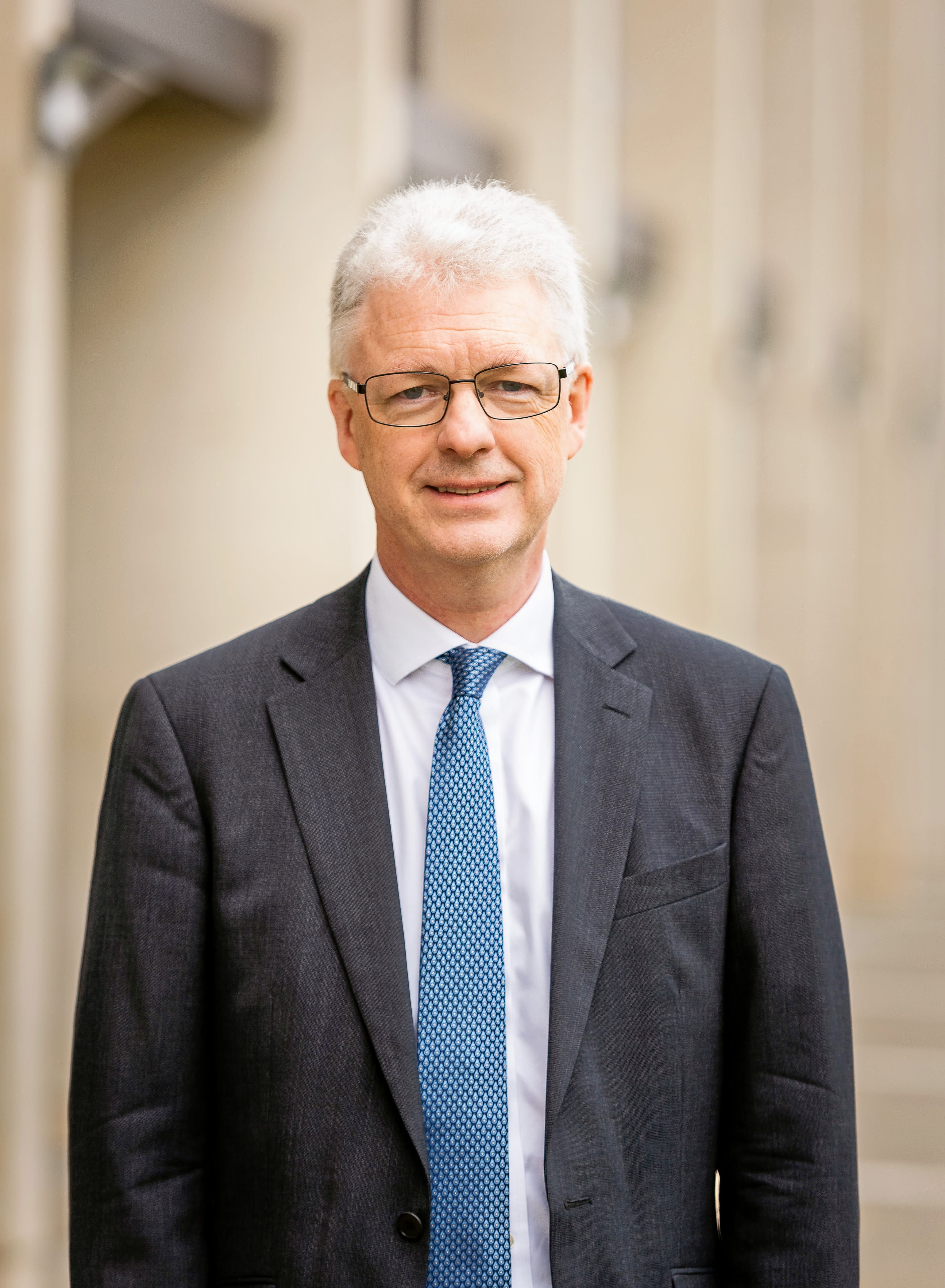
“There is a distinctiveness about Bath that has always felt special”
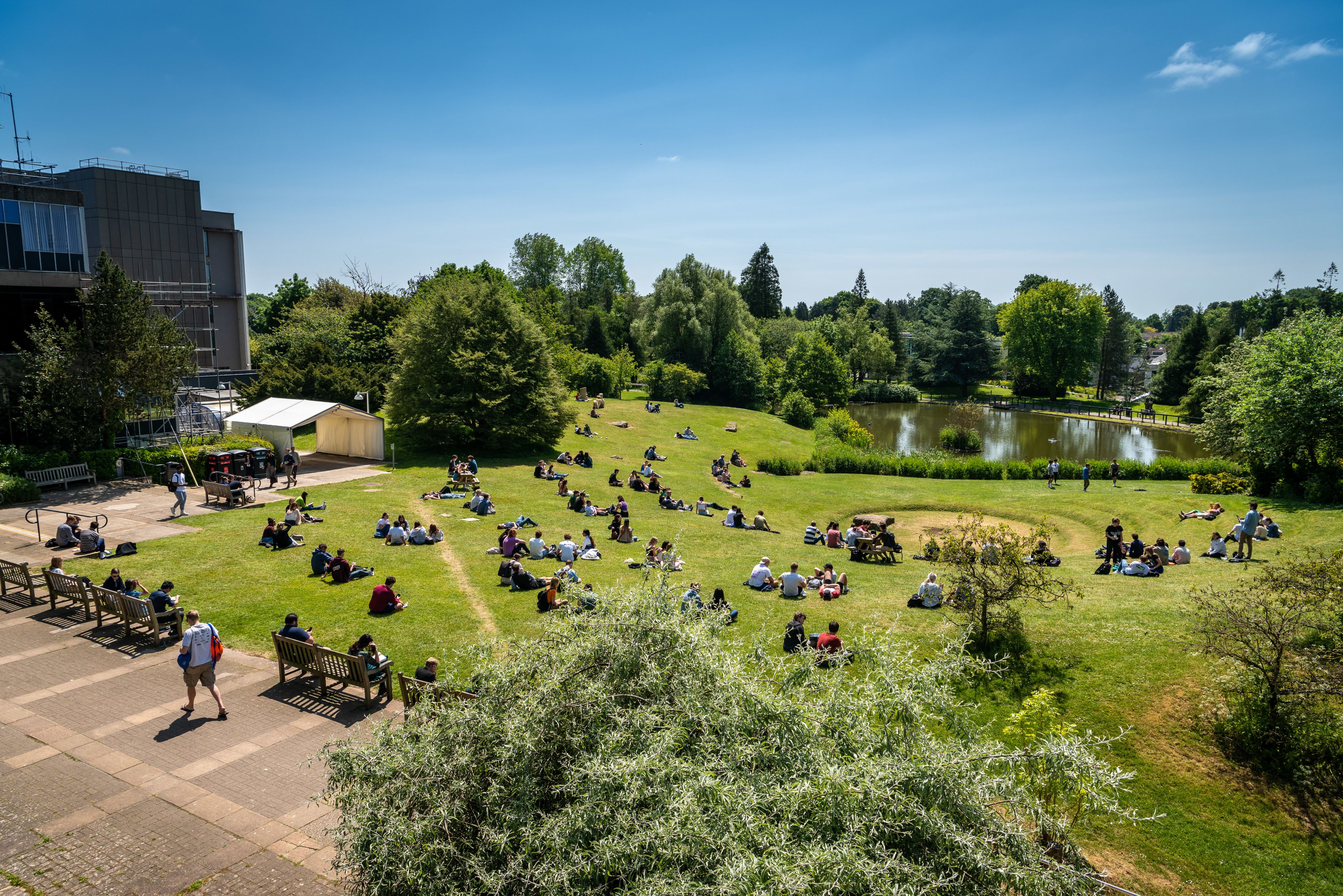

How would you sum up your experience as Vice-Chancellor and President of the University of Bath?
At my welcome event five years ago, I noted how pleased I was to return to Bath [having been here as a Professor of Physics in the 1990s]. This was down to Bath being such a special place, with three particular areas of strength: its people, its professionalism and its pioneering spirit. My five years as Vice-Chancellor have only served to reinforce my earlier views, and it has been a real pleasure to lead such a dynamic and expert group of colleagues, to work closely with our dedicated and energetic Students’ Union and to have the support of our excellent alumni and friends. I have been so impressed by our students who are well rounded, talented and, unsurprisingly, in great demand by employers. They are really special.
We have built such a strong sense of community and this has enabled us to navigate some difficult times: the Covid-19 pandemic, the cost of living crisis, changes in regulatory environment, natural disasters and global conflicts to name but a few. In each of these scenarios, our community has come together to provide support and friendship to those affected. This collective approach has enabled us to respond to challenges with fortitude and vision.
So much has been achieved during your term of office. What are you most proud of and why?
It has been so gratifying to see the University’s reputation go from strength to strength. Moving into the top five in the Complete University Guide and into the top 10% of universities globally (in the QS World Rankings) has been a significant achievement and one that has only been made possible by effort and excellence across the range of our activities. Strong performance in the Teaching Excellence Framework, Research Excellence Framework and Knowledge Exchange Framework, is key to our financial sustainability, and provides strong foundations for even greater success.
What have been your personal highlights of being back at the University of Bath?
There is a distinctiveness about Bath that has always felt special, and although the University has grown dramatically since I first joined in the ’90s (there were fewer than 4,000 students then compared with more than 20,000 now), the sense of community and indeed the academic culture has been retained.
My gratitude is perhaps best summed up in the words of a former colleague, Sir Robert Jennings, namely that, “One of the most precious things in life is that of belonging to societies of people who have important interests in common. Such membership is a powerful aid to civilised living and is especially to be recommended at a time like the present, which seems to be so good at cultivating loneliness.” I am most grateful to the University of Bath community which has enriched me and so many others.
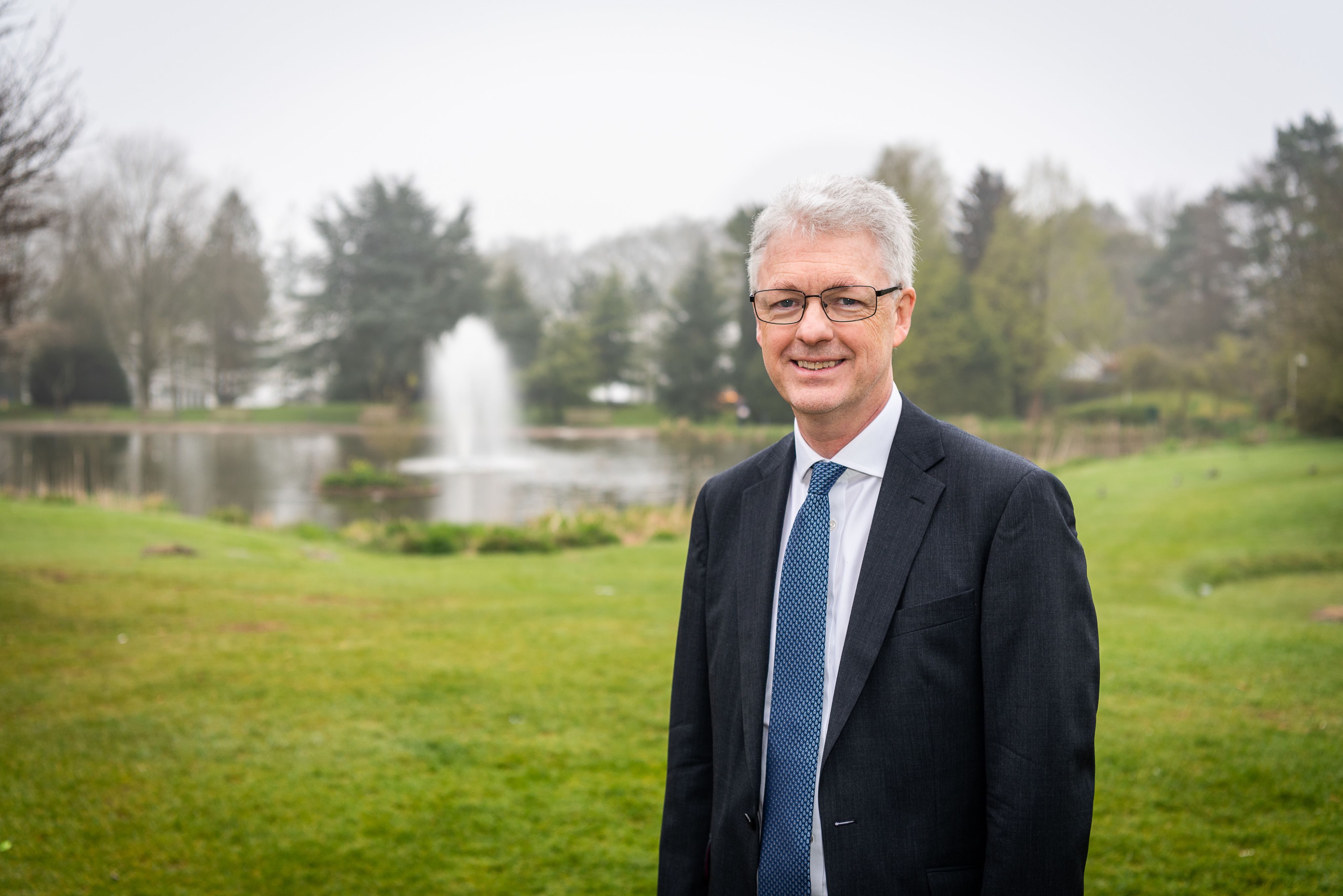




“The University is very fortunate to have alumni who are so extraordinarily committed to its present and its future"
What role have alumni and friends played in the University’s success?
The University is very fortunate to have alumni who are so extraordinarily committed to its present and its future. We have over 150,000 alumni living and working in more than 170 countries around the world, representing a powerful and influential part of our community. We are also very blessed to have such strong support from the city of Bath and from our friends in the region, and we are mindful in turn of our role within, and our responsibility to, the local community.
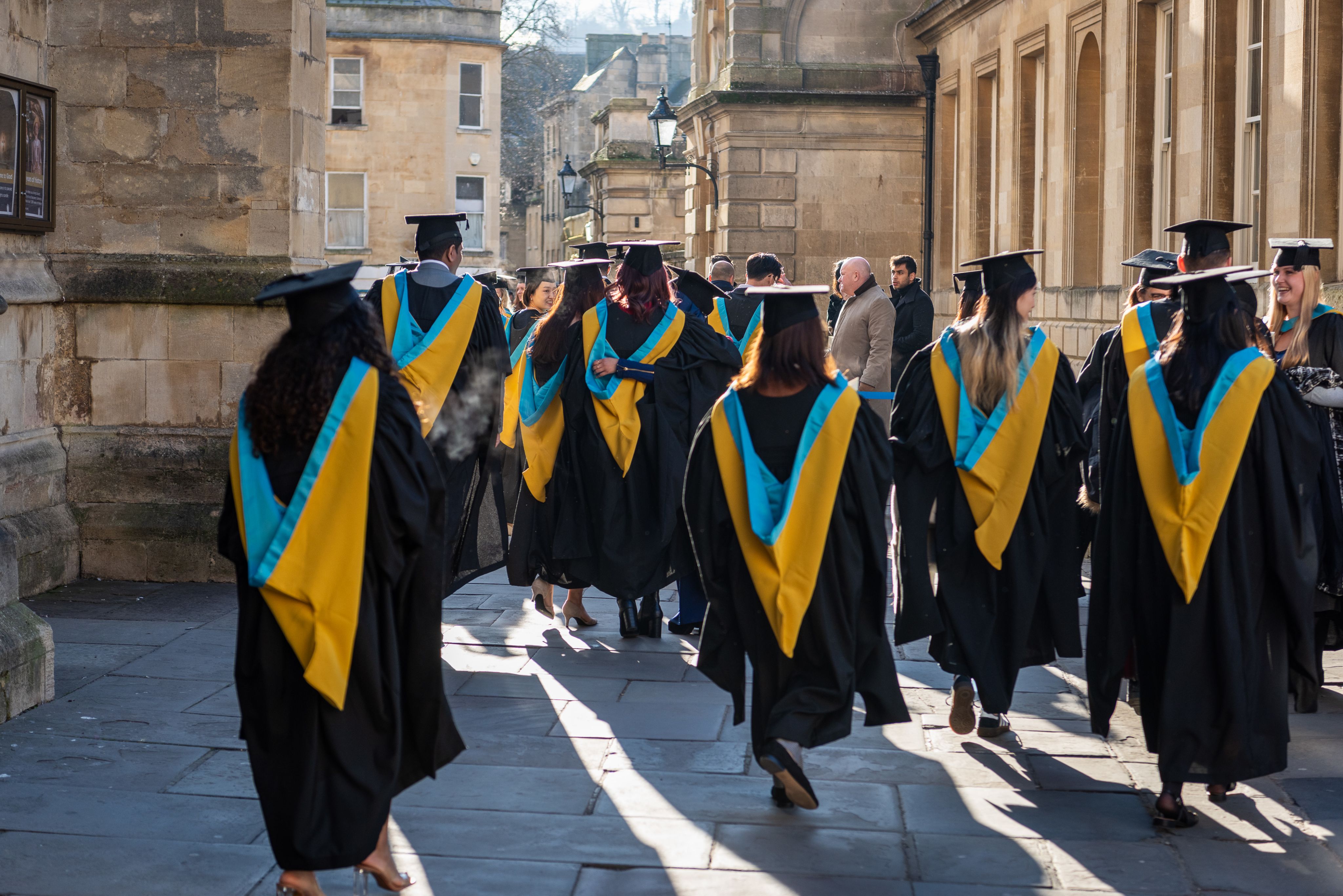
In our first interview with you in 2018, you said Bath’s research strength was the emphasis on making a difference, and the challenge would be to increase our research power. How have you addressed that challenge, and what would you say are our research strengths now?
As a researcher and entrepreneur at heart, I am delighted to see Bath’s research growing so strongly despite the sectoral challenges, gaining increasing recognition and having significant impact on our society as a whole. The University’s work in propulsion, including the use of hydrogen; sustainable food production; AI; digital human augmentation; and water-based early warning systems for example is groundbreaking and will help to address some of the most important global challenges. The research power challenge remains but we have made great strides in attracting significant research grants and we are part of a number of large consortia, working with other universities, local government, business and industry to address major societal issues.
You were welcomed as Vice-Chancellor in 2018 and just over a year later, Covid-19 changed everything. What stands out as significant from that period of challenge and uncertainty?
I think we differed from some universities in that we were keen to return to in-person activity as soon as possible, within the framework of the health and safety of all in our community. This decision reflected our concern to provide, where possible, what students wanted whilst caring well for our staff community. It was not taken lightly, but as a result of extensive consultation within our community. Our students were keen to return to campus, and we were keen to give them the best experience possible. It took a huge collective effort, but we were able to make the necessary adjustments to keep everyone safe and to resume more normal levels of engagement quite quickly.
It was so special to see the power of a community pulling together for a common aim. Our students, our academics and colleagues working in estates, accommodation, hospitality, security and professional services all played a significant role within the framework of our devoted Governance leaders. Colleagues went above and beyond to help others both within the University and also in the local community, manufacturing PPE and providing accommodation for health workers.
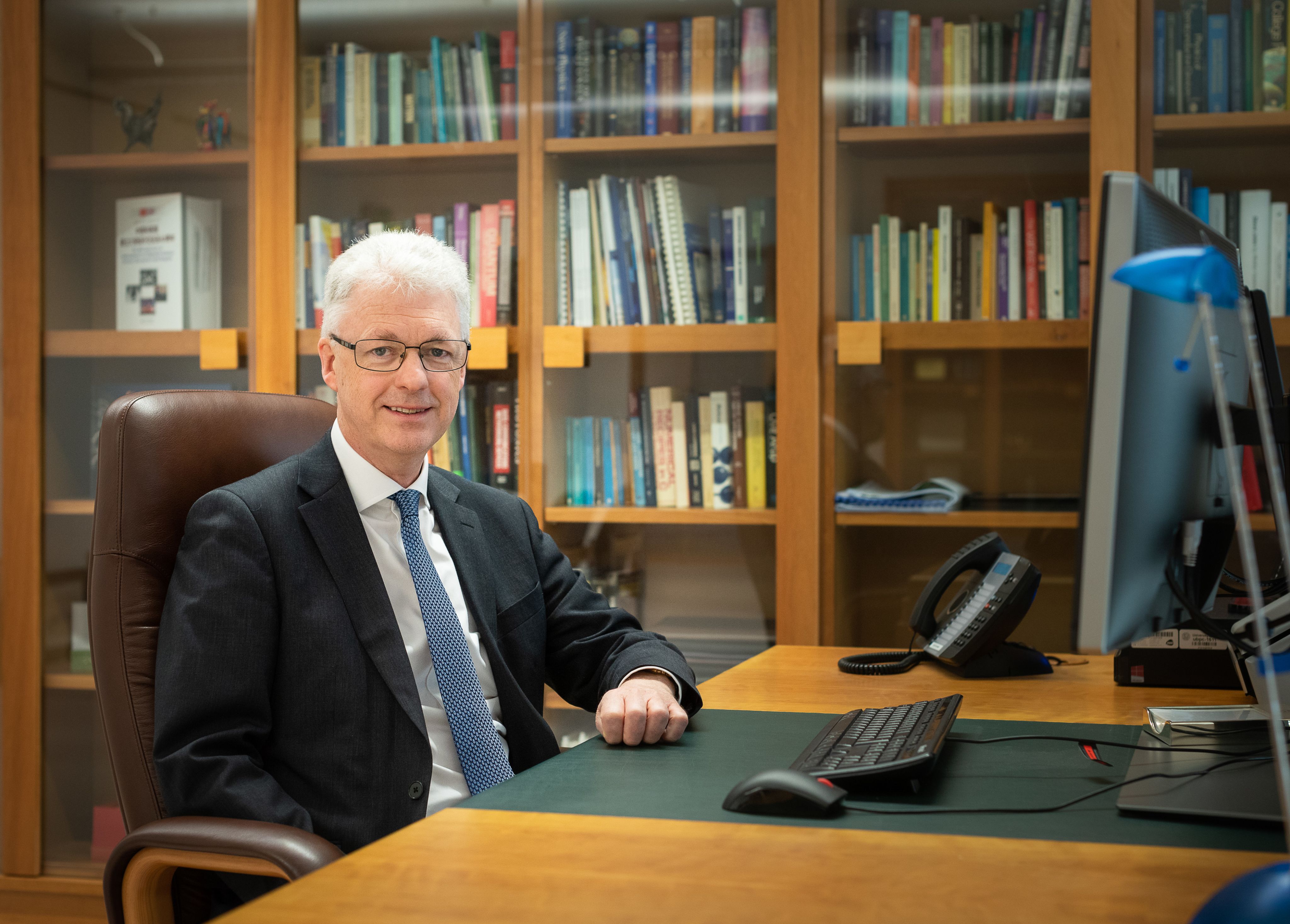


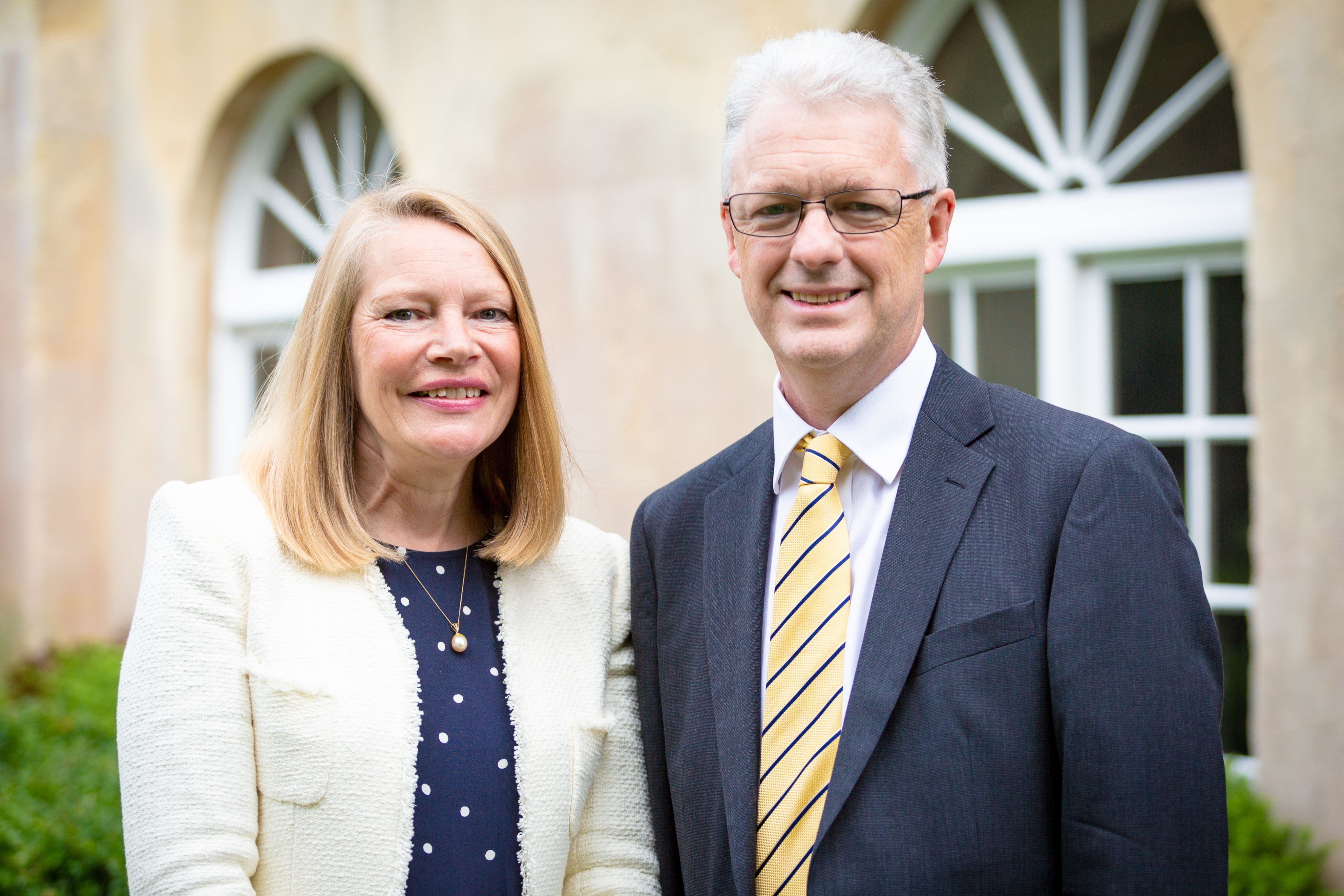
Can you tell us about your experience of being involved with the Gold Scholarship Programme, of which your wife Margaret White is the Patron?
At the outset, may I stress that if anything has been achieved during my time at Bath, the real credit should go to Margaret, who has done so much in so many unseen and seen ways. In respect of your question, Margaret and I have been truly humbled to spend time with the Gold Scholars. They are exceptional and inspirational young people who relish their time at the University, making the most of the opportunities offered to them. We are so grateful to the alumni and friends who sponsor, mentor and support these students, helping them to access opportunities that might not otherwise be possible.
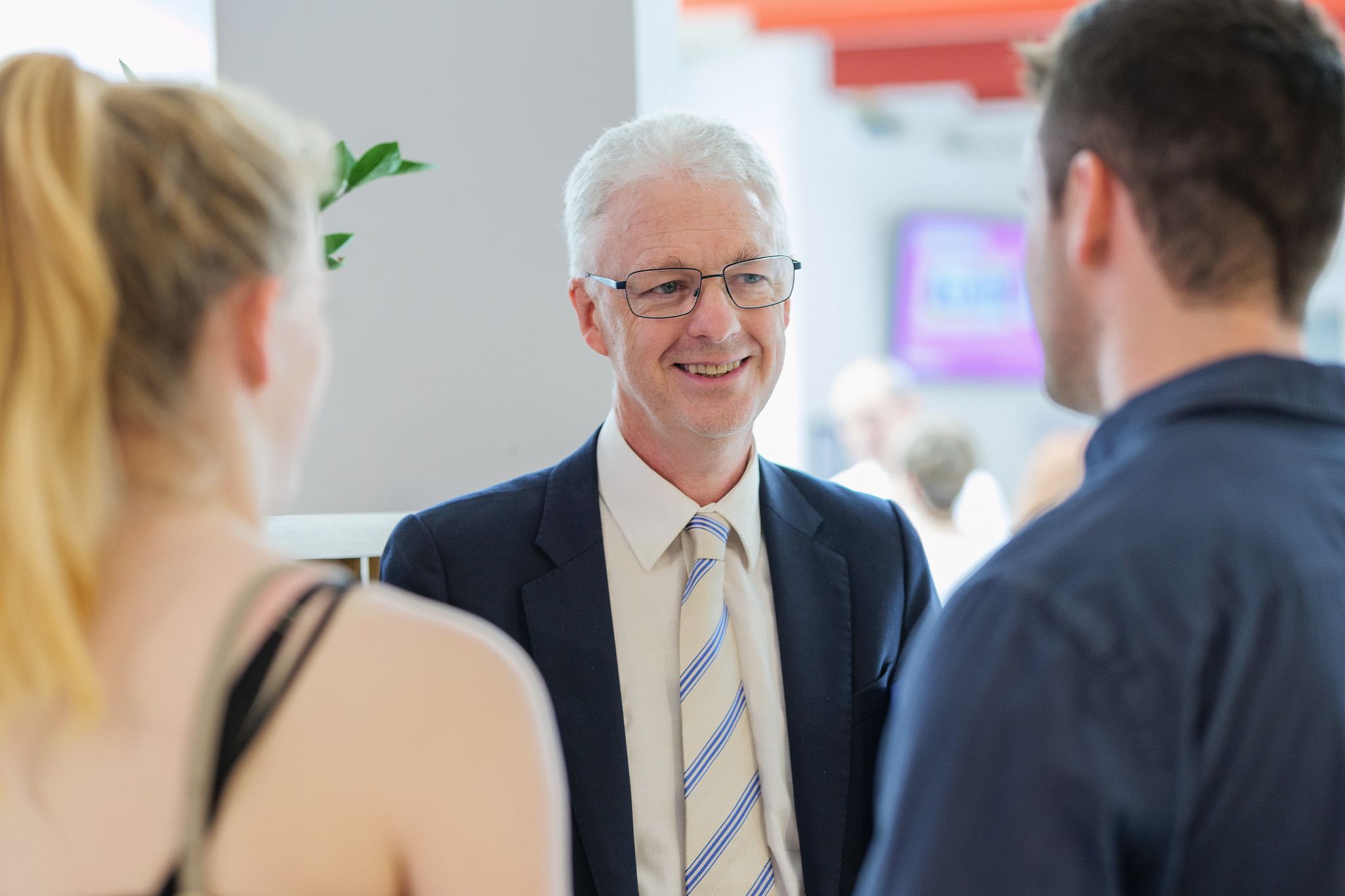
“Moving into the top 10% of universities globally has been a significant achievement”
We hear you have regular breakfasts with student clubs and societies. How many have you had and what have you taken away from these meetings?
I think we have held about 15 in the past year alone and I really value having the opportunity to talk to students representing so many areas of University life. Hearing from different cultural groups, our postgraduates, peer mentors, faith groups, academic representatives, and those involved in volunteering and extra-curricular activities provides first-hand insight into students’ daily activities. The breakfasts have confirmed how special our student community is, with so many students working selflessly in exceptional ways. The conversations help to inform the decisions we take as a university.
What are your observations about higher education today – your concerns and hopes for the future?
Despite the well-publicised challenges, it is an exciting time to be part of higher education. With a more global outlook than ever before, increasing emphasis on inter-disciplinarity, enterprise and partnership, and opportunities to make a real-world difference, possibilities abound. Recognising the importance of our civic role, I have also been deeply grateful for the engagement, advice and support that our Bath and North East Somerset Council and the West of England Combined Authority have shown, as have other regional leaders and organisations. The foundation that has been laid will become increasingly important in the coming years.
I feel the University is well placed to deal with the known challenges in the next few years. We have been financially prudent and this will serve us well as funding restrictions continue. Our increasing reputation for excellence means that we are able to attract good staff which, coupled with the fact that we have a newly revitalised curriculum framework, means that undergraduate application rates remain strong. We have also made great strides in anticipating the benefits as well as the threats that come with advancements in cyber security and AI.
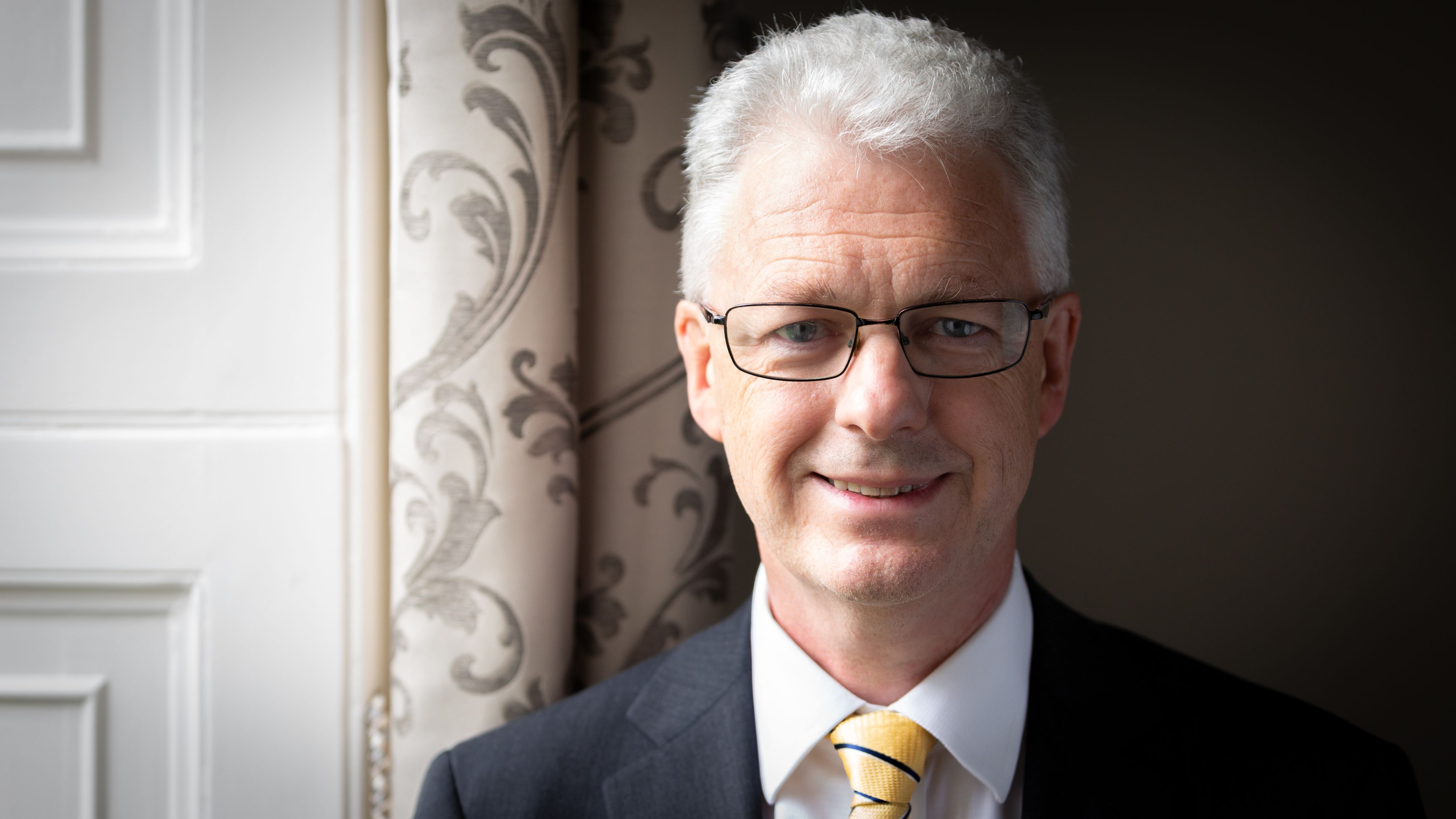
What message would you give your successor?
The University of Bath is a very special place, with strong values and a unique identity. My predecessor noted that she had been very lucky to be Vice-Chancellor here and I also feel very fortunate. I wish my successor every success and happiness in the role.